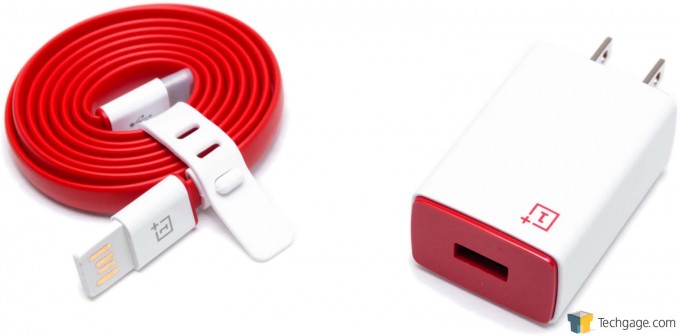- Qualcomm Launches Snapdragon 4 Gen 2 Mobile Platform
- AMD Launches Ryzen PRO 7000 Series Mobile & Desktop Platform
- Intel Launches Sleek Single-Slot Arc Pro A60 Workstation Graphics Card
- NVIDIA Announces Latest Ada Lovelace Additions: GeForce RTX 4060 Ti & RTX 4060
- Maxon Redshift With AMD Radeon GPU Rendering Support Now Available
Amazon Bans Sale Of Non-Compliant USB Type-C Cables
In the interest of public safety, Amazon is adding defective USB Type-C cables and adapters to its list of restricted products. Any third-party marketplace seller caught distributing non-standards-compliant cables run the risk of having their accounts closed. The excerpt from the policy now includes “Any USB-C (or USB Type-C) cable or adapter product that is not compliant with standard specifications issued by ‘USB Implementers Forum Inc.’“
This move by Amazon is to guard against the influx of cheap USB Type-C cables that are flooding the market, which run a very real risk of damaging valuable hardware, such as phones and Chromebooks that use the new USB Type-C connector for charging.
Not long ago, Google engineer Benson Leung had an ill-fated encounter with such a poorly designed cable that ended up costing him a Chromebook Pixel. Leung had created a name for himself by testing and posting reviews of a variety of Type-C cables, and calling out manufacturers and sellers that did not conform to the specifications laid out by the USB Implementers Forum. One such high-profile vendor was OnePlus, which failed to follow specifications with the correct resistor value, which could have caused issues with any device that used the fast-charging standard.
Leung updated his Google+ page with the notification from Amazon, and encouraged users to continue to provide feedback and report on faulty and poorly designed cables:
"Really great news, but we all have to continue to be vigilant and call out any bad products we find on Amazon and other stores (both online and brick and mortar) as we find them."
This item ban from Amazon joins other poorly rated and dangerous products, such as laser pointers in the States, and the sale of self-righting scooters/hoverboards – which over the Christmas period almost caused a disaster due to poor battery charging standards in the products, resulting in lithium chemical fires.
How the ban will be enforced is another matter, and will likely rely on the diligent feedback of Amazon’s customers reporting on shoddy USB Type-C cables. The USB-IF maintains a list of approved Type-C cables if you are unsure.





